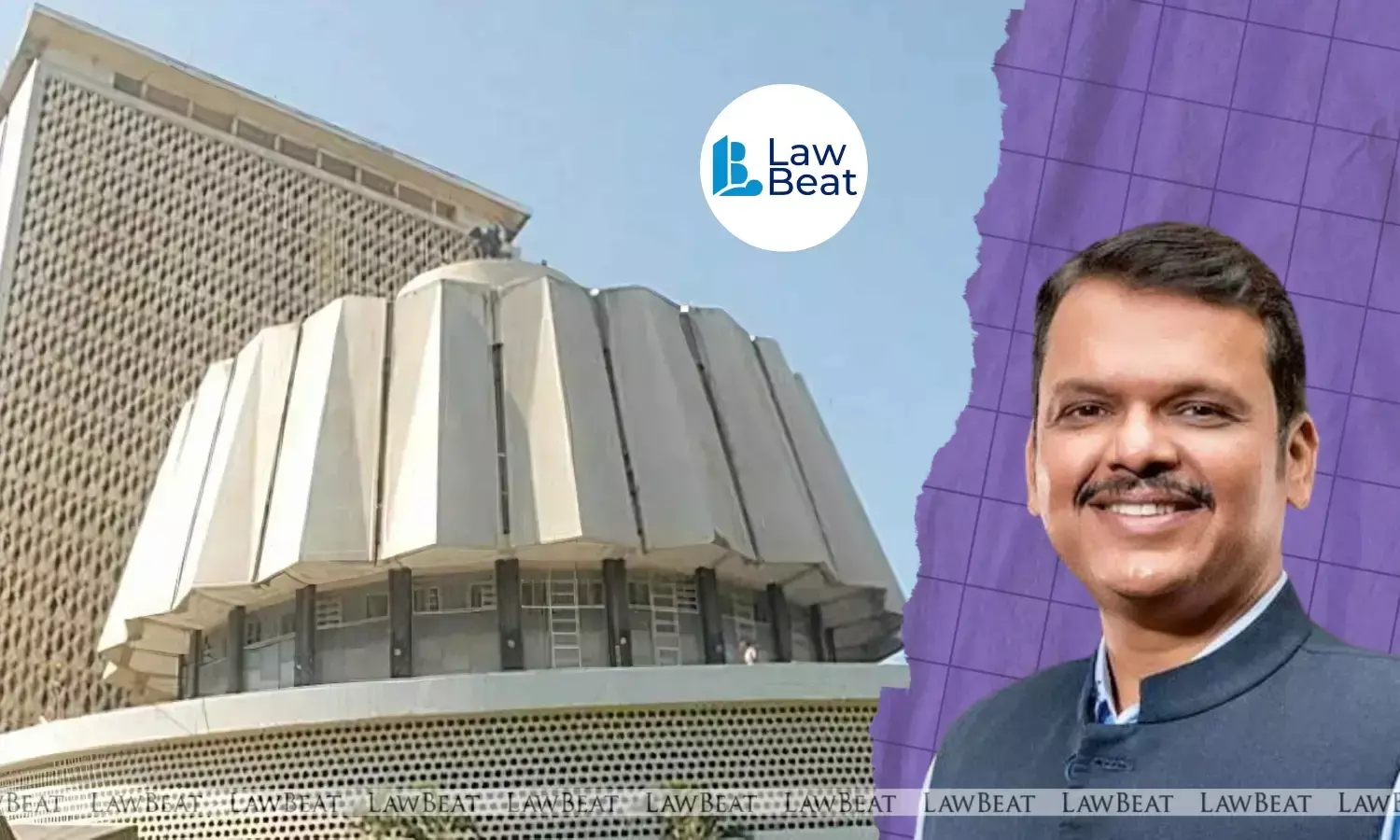Maharashtra Assembly Passes Special Public Security Bill to Curb Extremist Threats, Ensure Urban Safety

In a significant legislative step towards bolstering internal security, the Maharashtra Legislative Assembly on Thursday passed the Maharashtra Special Public Security Bill.
The Bill introduced by CM Devendra Fadnavis, is designed to provide a comprehensive legal framework to tackle organised extremist threats, particularly those operating under covert urban networks. It was passed by voice vote following detailed deliberations and revisions that reflect the government’s commitment to both public safety and constitutional safeguards.
The legislation specifically targets organisations that promote or support violent left-wing extremist ideologies that seek to disrupt the functioning of the State and its institutions.
Speaking in the Assembly, CM Fadnavis emphasised that the law is aimed at protecting the democratic order from organisations that “do not believe in the Constitution, reject elections, and take up arms against the State.”
The Bill lays down a clear and structured mechanism for declaring such organisations unlawful.
It defines unlawful activities to include inciting violence, disrupting public order, encouraging armed rebellion, or undermining constitutional governance.
To ensure procedural integrity, the decision to ban an organisation must be reviewed by a three-member Advisory Board comprising a retired High Court judge, a serving or retired district judge, and a government pleader. The Board is empowered to hear all sides before submitting its recommendation to the State.
The law also introduces a graded penalty system. Individuals found planning or promoting such unlawful activities may face imprisonment ranging from two to seven years and a fine of ₹5 lakh.
A key improvement over the original draft is the requirement that only senior-ranking officers, Deputy Superintendents of Police in rural areas and Assistant Commissioners in urban areas will be authorised to investigate offences under the Act.
This ensures that investigations are handled by experienced officers and adds a layer of oversight to the process.
The Bill also allows the State to seize properties and assets associated with organisations declared unlawful. This provision, subject to the Advisory Board’s approval and open to judicial review, aims to cut off financial resources that sustain extremist operations.
The government has clarified that all such actions will follow due process and will be subject to review by the Bombay High Court if challenged.
In his address, CM Fadnavis firmly stated that the Bill does not target political ideology, peaceful protests, or legitimate activism. "This law targets those who glorify violence and seek to overthrow the government by force, not those who hold alternative views," he said.
